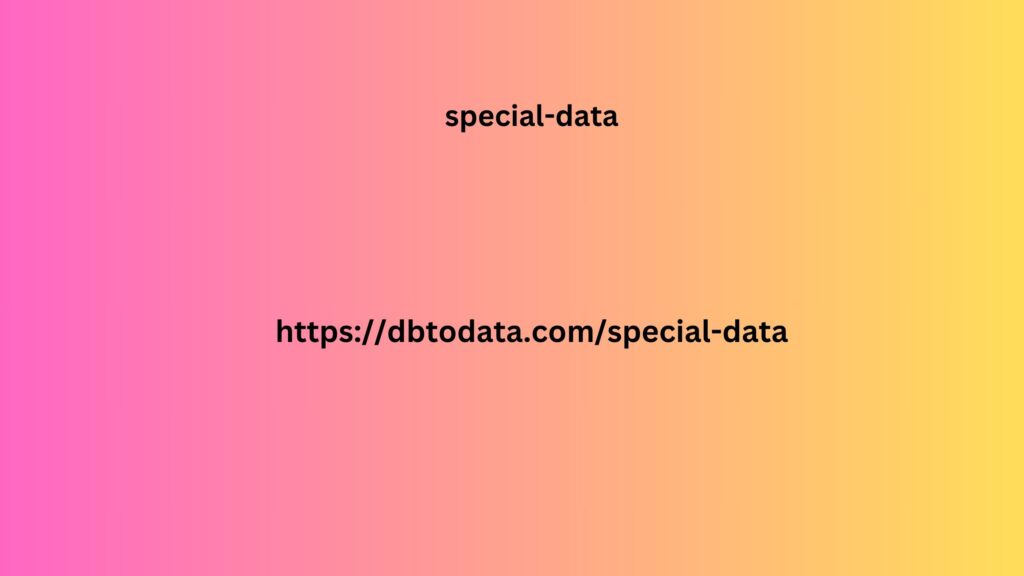CEO of Google was questioned by the US Congress about political bias in his search engine, but also in other Google products. What Google really knows about you Google We won’t delve into the political entanglements of other countries, but one thing that came up frequently in their questions was how capable Google is of tracking our data and keeping our information. With the Cambridge Analytica scandal and the similar investigation of Facebook owner Mark Zuckerberg and the adoption of GDPR – how our information is collected online and what is done with it, this has been a hot topic in 2018, and it is sure to be in 2019.
So the question is – what
information does Google have about you? Most people who use their phones or computers on a daily basis regularly interact with Google and rcs database its products, but most don’t know much about Google’s privacy policies. While there are some conspiracy theorists who will tell you there’s a lot more going on behind the scenes, here’s what we know for sure about how and what data Google collects about you. What does Google know about me? Through its search engines, Internet-related services, applications and supporting companies, Google tracks the information you enter on your phone or computer.
Through our privacy policies
and terms (those things most people never read, but regularly mark as having), we authorize them to collect this data. Some of the most commonly used applications and data collected are: – Google search : Search terms – Google Chrome : Search history – Google Maps : Location visits, places you’ve searched for, transportation methods, travel dates – Google Ads : Ads you’ve clicked on, topics you’re interested in – Google Photos : Tagged people and places – YouTube : Watched videos, those you’ve added to favorites, as well as those you’ve uploaded to your channel Basically, everything you do while using Google products will most likely be reversed and with that information a picture of who you are is created.
Which brings us to the
next question… What does Google do with my information? Through your search history, photos, locations, and more, Google now knows the places you’ve visited, the things you’re interested in, what you buy, what you look like, who your friends are, and more. Although Google is known to the public mainly as a search engine, to us marketing people it is known mainly as a marketing channel. There are different ways to advertise through Google – through search ads, display ads, shopping ads, video ads, and more. Google uses your information to place you in certain demographics that are available to advertisers when they decide who to target through different platforms.
For example, if we place
anners on sites through Google , we have the option to target demographic information such as age, gender, parental status and location. But beyond that, we can focus on interests and behaviors—options from “animal lover” to “frequent luncher,” and beyond. We can also target based on purchase intent – to target someone who is. Looking if you are thinking about starting for a new property, right through to software solutions. And now what? Is this good or bad? Some people may think that all this is an attack on their privacy. From a marketer’s point of view, we like to have specific targeting options at our disposal so that we
As consumers, we’d prefer
Means using our personal data. for example, if we. Business technology for marketers cz lists and marketing agencies. Thus, we may discover a new. Product that we could not have discovered otherwise. However. Some of you won’t want to share . Ytour information with Google from now on, so you’ll want to hide or at least limit the. Amount of data you share with the tech giant.

